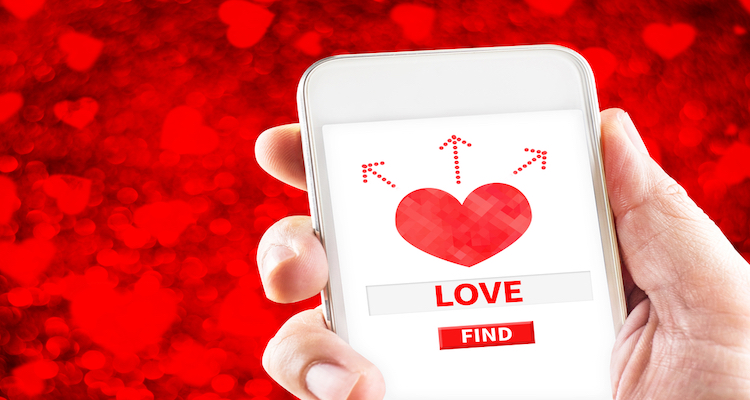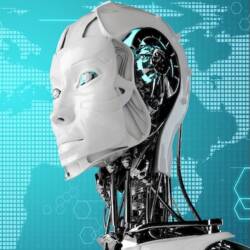Find Me A Find: New Survey Reveals Singles Increasingly Open To AI Matchmaking
How machine learning systems could become a dating scene staple

Conducted by Indiana University’s Kinsey Institute and sponsored by Match.com, the 13th annual Singles in America study seems to indicate United States singles are getting progressively comfortable using artificial intelligence to attempt to connect with potential partners.
Helen Fisher, Ph.D, Match.com’s chief scientific adviser, told Jenna Owsianik at Le Shaw about this rise in AI matchmaking, saying, “We are driven to find love, and this is just the next way to do the same old thing.”
Of the 5,000 participants, a mere six percent reported employing AI to improve their dating chances. This number is likely to change in the future as 40% were optimistic machine learning tools would improve their overall matchmaking odds.
Meanwhile, 63% of Gen Z respondents “have used AI in some capacity, dating or otherwise.” This is probably due to their familiarity/comfort with technological innovation.
Catch me a catch
For those who used AI, 34% wanted it to better sort their possible connections; 29% said they’d use the technology to make writing their profiles easier and more effective; and 30% would like a virtual hand in dreaming up some conversation starters.
The results? Actually quite impressive, with 26% disclosing their matches increased, 27% received higher quality ones, and 32% got quicker connections.
Despite these relatively high numbers, Dr. Fisher seems fairly reserved, “In the case of AI, if it helps you write a profile, terrific. Maybe it helps you come up with conversation topics. Terrific. You don’t have to use it. It’s just a helpful professor.”
Night after night in the dark I’m alone
Regarding image manipulation software, the participants were less positive, with a notable 46% saying its use—like altering a user’s photo—would be a massive dating red flag.
RECOMMENDED READ: Digital Desires and Social Media Double Standards
“That really upset them,” Fisher said, referring to the survey respondents and their disfavor. “Looks do count; they say a lot about who you are.”
In a similar vein, 39% felt negatively about the idea of chatting with what they may have thought was a flesh-and-blood person but was, in reality, a cleverly programmed chatbot.
Look through your book
While not directly a technological issue, 40% expressed how, when younger, receiving a decidedly well-designed sexual education curriculum “Would have led them to more sexual confidence in adulthood, 30% would have learned how to date more effectively and 44% say they would have had healthier and better relationships now.”
The participants also said when they were taught, the curriculum was less than comprehensive, with 89% saying classes involved puberty, 84% on sexually transmitted infections, another 91% on reproduction, and—what is quite a telling statistic—77% promoted the long-disproven practice of abstinence.
As reported by Columbia University’s Mailman School Of Public Health, “Two scientific review papers find abstinence-only-until-marriage programs and policies in the United States are ineffective because they do not delay sexual initiation or reduce sexual risk behaviors.”
Make me a perfect match
Of all the information provided by the recent Singles in America study, arguably the most intriguing prospect for the evolution of dating is the high percentage of people who have already begun experimenting with AI-assisted dating or who look at it as a possibly favorable option in the future.
Speculating on this trend—not forgetting how dating apps have already started embracing AI systems, with limited success—we could see matchmaking platforms offering a variety of unique tools ranging from more efficient algorithms to chatbot assistants always willing to lend a hand.
On the subject of chatbots, we might be able to combine the need for improved sexual education with a supportive wingperson: a synthetic assistant for practicing our flirting skills who’d also help fill in any gaps we might have when it comes to the birds and the bees.
Further ahead, AI dating may, as we’ve previously discussed, be much more expansive than just trying to partner up with a fellow human being or two or three. Our dating possibilities could also include intimate relationships with any number of synthetic companions—some of whom might very well be the digital descendants of what began as our artificially intelligent matchmaking assistants.
Image Sources: Depositphotos

















